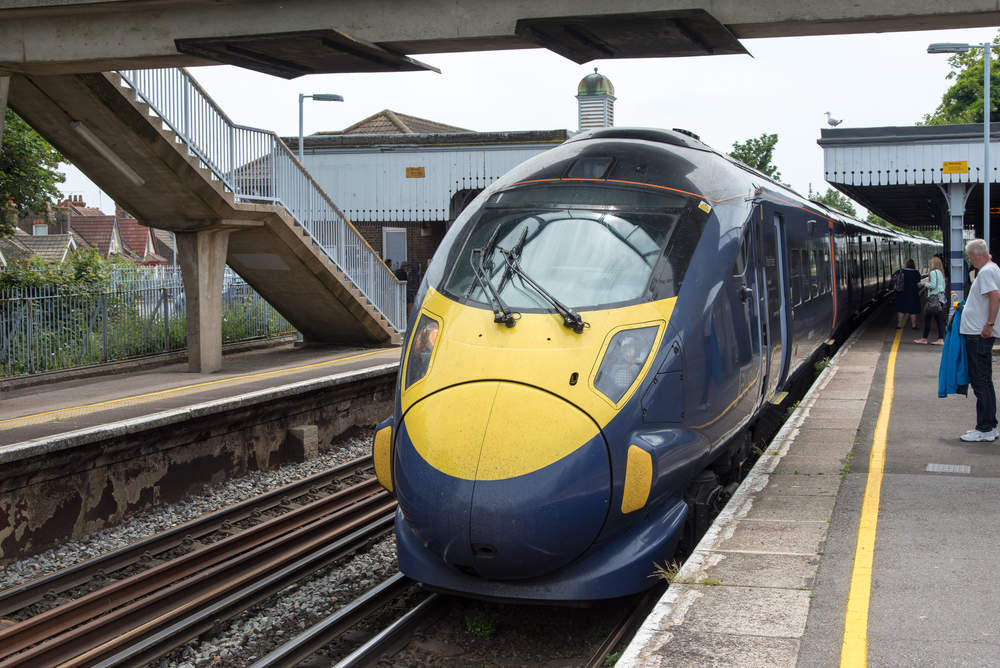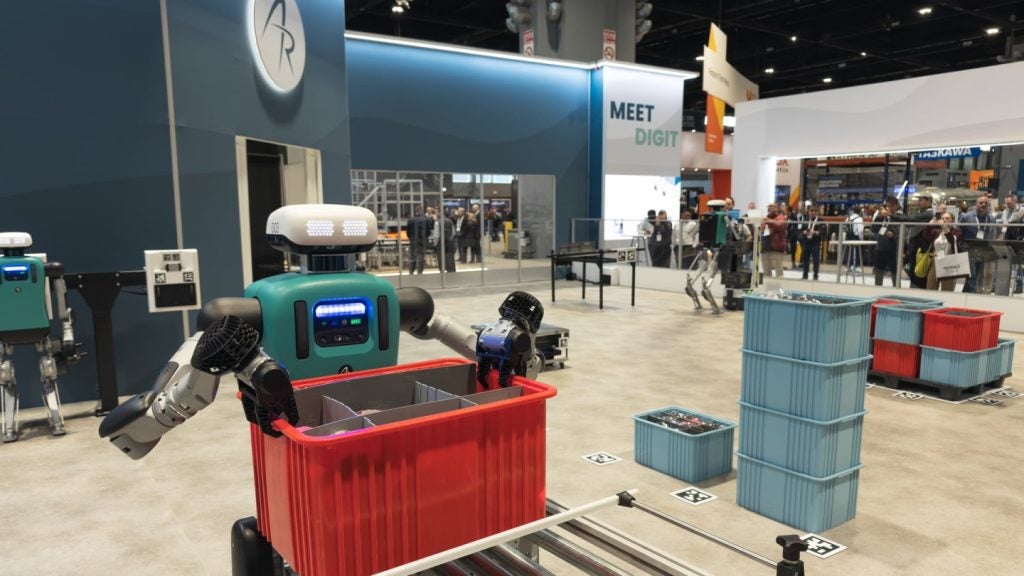
Theresa May is no fan of the Northern Powerhouse initiative which was launched in 2015 by chancellor-turned-newspaper-editor George Osborne.
Osborne wrote in a column for the Financial Times today that May’s advisers have launched a “systematic attempt” to “eradicate all mention of the initiative”.
However, Osborne is not giving up on the scheme. Speaking on Radio 4’s Today he said:
Now the idea is not just dependant on the political career of one chancellor or one prime minister, it exists and it breathes and it lives in the north of England.
Osborne has suggested that May’s government should back a brand new high speed rail link between Liverpool and Hull. Osborne refers to this project as HS3 — an abbreviation of High Speed 3.
HS3 would follow on from the existing HS2, a high speed rail link between London and the North. HS2 will go to Birmingham and then split into two branches, one heading to Manchester and the other to Birmingham.
The former chancellor of the exchequer said that HS3 would “transform the economy” of the North.
He wrote that the proposed rail link between Liverpool and Hull would “bring 7m extra people – and three times the number of businesses – within a 90-minute journey time of one of the northern cities”.
Celebration from the North
Mayor of Greater Manchester — and former Labour MP — Andy Burnham praised Osborne’s intervention, sharing a link to his article on Twitter:
Please help strengthen our case by signing this petition. Memo to Govt: the North is getting organised! 2/2 https://t.co/mnWEyGQilT
— Andy Burnham (@AndyBurnhamGM) August 21, 2017
Welcome @George_Osborne intervention today. But tomorrow the North will show a new determination to speak for itself. https://t.co/bijbj9Vz0E
— Andy Burnham (@AndyBurnhamGM) August 22, 2017
Burnham references in his tweets the transport summit for political and business leaders in Leeds taking place later this week.
Osborne notes that the proposed HS3 would be costly, but that expense could be spread over several years. He added:
There is no geographical reason why this cannot happen. The distance between Manchester and Leeds is shorter than the length of the Central line on the London Underground.
The issue is likely to prove extra divisive at the moment.
Just last month, the government’s transport secretary Chris Grayling announced that planned electrification of routes in the North and Wales were being cancelled.
He also said it was unlikely that two new platforms at Manchester Piccadilly would be funded.
Days later, he backed proposals for Crossrail 2. The idea is that Crossrail 2 will ease the congestion caused at Euston by HS2. The decision was widely condemned by Northern political leaders.
What could an HS3 route do?
If HS3 were to go ahead, it could reduce the journey times from Liverpool to Hull (opposite sides of the country) from over 3 and a half hours to just 1 and a half hours.
Trains between Manchester Piccadilly and Leeds could take just 20 minutes, as opposed to the nearly hour-long journey it takes now.
The HS3 route could connect up to the pre-existing HS2 track which is due to begin construction later this year and be fully complete by 2033.
HS2 is designed to connect London to both Manchester and Leeds in a Y shaped track splitting at Birmingham. This would reduce journey times between London, Birmingham, Leeds, and Manchester.
Currently the standard journey times pre-HS2 are as follows:
- London to/from Birmingham: 1 hour 24 minutes;
- London to/from Manchester: 2 hours 8 minutes, and
- London to/from Leeds: 2 hours 20 minutes.
And after HS2 is fully complete, journey times will be as follows:
- London to/from Birmingham: 49 minutes;
- London to/from Manchester: 1 hour 8 minutes, and
- London to/from Leeds: 1 hour 28 minutes.
How does this compare to other high speed trains around the world?
Of course, while Britain debates over the relative merits of high speed railways, other countries have led the way with high speed transport links.
Aside from the short section of the Eurostar between Paris and London, Britain is home to exactly zero of the fastest trains in the world. The average speed of trains on HS2 and HS3 would be just under 150 miles per hour.
The world’s fastest trains are:
-
Shanghai Maglev — 270 miles per hour. The 18.95 mile journey takes just seven minutes
-
SNCF TGV Duplex, SNCF TGV Réseau, SNCF TGV POS, TGV Euroduplex — 200 miles per hour
-
Eurostar e320 — 200 miles per hour
-
E5 Series Shinkansen, E6 Series Shinkansen, H5 Series Shinkansen — 200 miles per hour
-
ICE 3 Class 403, 406, 407 — 200 miles per hour
-
AVE Class 103 — 190 miles per hour
-
KTX-I, KTX-II, KTX-III — 190 miles per hour
-
ETR 500, ETR 1000 — 190 miles per hour
-
CRH2C, CRH3C, CRH380A & AL, CRH380B, BL & CL, CRH380D & DL — 190 miles per hour






